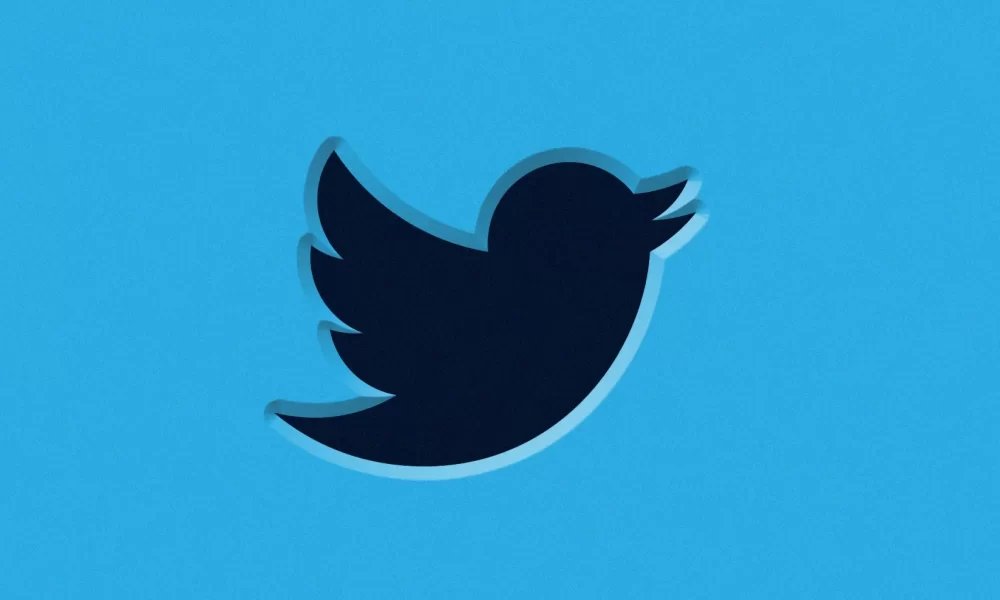Social media & Mental Health


Project Description & Rationale
Our project’s topic is the impact of social media usage on mental health. We are focusing on three main areas of this: the sentiments towards the relationship between social media and mental health, the effect on different demographics, and how the mode of discourse (Twitter) has an impact on user’s views/perceptions about social media and mental health. Most of our project focuses on Twitter specifically, although some broader context/narrative pieces reference social media as a whole.
Our team chose this issue because declining mental health from social media usage is a prominent and important issue that increasingly affects adolescents and teens today. With new social media emerging and technological advances in this field, it is imperative to study the impacts it has on users’ mental health. Paradoxically, countless people look to social media to discuss how social media affects mental health issues, so Twitter has an abundance of discourse related to this topic.
RESEARCH QUESTIONS
What demographic’s mental health is social media impacting? What age and gender group does social media have the most negative impact on?
How do users view social media’s role in mental health, and in which context is this topic being discussed?
How does social media as the mode of discourse impact the conversation itself about social media and mental health?
SIGNIFICANCE
When it comes to social media, most people are aware of and will generally view it as having a negative impact. Despite this, the majority of us are still using social media on a daily basis and will even talk about the impacts of social media on social media itself. We thought it would be worth looking into what’s being talked about on social media, specifically on Twitter, using tweets. This project explores questions relating to demographics, the view of social media from the general public, and the impact social media has. We examine, for instance, tweets that indicate a specific population group that has been affected by social media. We also explore the general view of social media’s role in mental health using sentiment analysis and word clouds.
Furthermore, this project on social media mental health is important because it addresses a very prevalent topic among everyone. This insight would not only empower and inform young adults, policymakers, teachers, and parents about the rising issues but also address them and spread awareness. By potentially highlighting the concerns about the effect of social media on mental health using different contexts, Social Media & Mental Health could equip adults and teachers in schools with the insights needed to more effectively deal with mental health issues created by social media in the future. We hope our analysis will be helpful in various academic and home settings when it comes to topics on social media and mental health.
AUDIENCE
Our project invites individuals to explore and learn about the impacts that social media has on its users and their thoughts surrounding it. Our audience specifically includes social media users, but our project is still for anybody that wants to learn about social media & mental health sentiments and effects. This project serves to enlighten social media users’ about possible mental health effects in order to broaden awareness and possibly change usage habits. It also allows users to compare and contrast their own views with our broader findings on Twitter user sentiment and perspectives around mental health. Users might have questions about demographics, specific mental health disorders, social media addiction, and sentiment about social media’s impact on mental health –all which can be answered through our project.